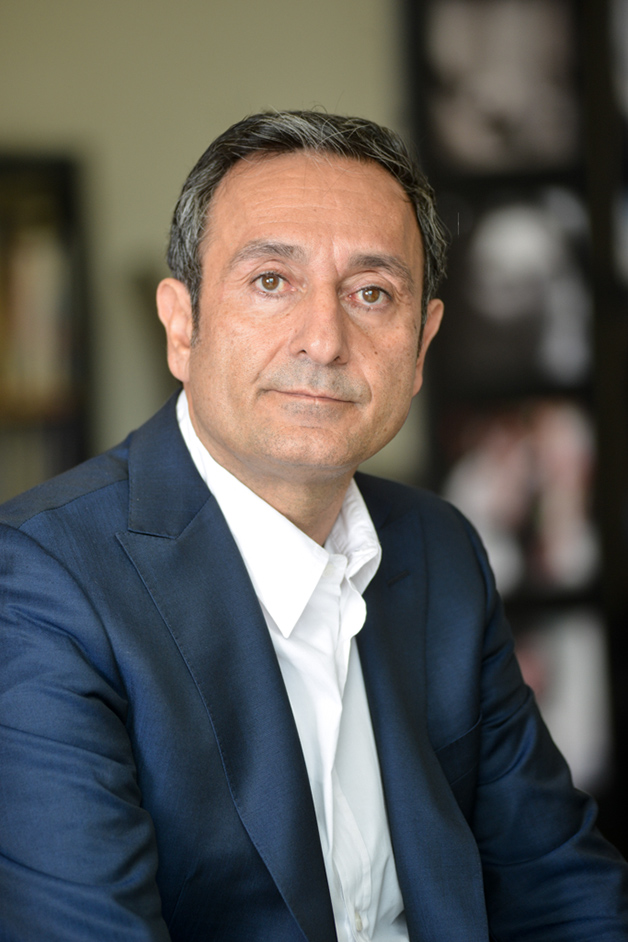
In the ongoing effort to reduce the harmful effects of human activity and create a more sustainable future, one important area of focus is farming. Many farms have been slow to adopt environmental reforms, often continuing to rely on fossil fuels and consume large amounts of water. However, some operators are breaking away from this approach. Among these, Los Angeles’s Michael Amin stands out.
As the founder and CEO of Primex World Inc., Amin manages a portfolio of thriving pistachio farms. A fourth-generation grower, he holds refreshingly modern views when it comes to conservation and utilizing new technology to make his nut orchards more efficient and thus less taxing on the planet.
“Sustainability is necessary for the future of farming,” Amin explains. “We are constantly looking for ways to reduce the carbon footprint of our orchards and make our operations as green as possible while maintaining productivity.”
Amin’s approach at Primex World Inc. contrasts with outdated methods that focus only on short-term gains. Many in the farming industry still overlook their practices’ long-term effects on the environment. Amin, however, puts a priority on innovation and sustainability.
“Our focus is on responsible practices,” Michael Amin explains. “We’ve integrated advanced water-saving technologies, such as drip irrigation systems that minimize water waste, and we’re continuously improving the soil health of our orchards through the latest techniques.” By investing in these technologies and testing new processes, Primex World Inc. conserves resources while increasing its margins, setting a benchmark for what sustainable farming can look like in America.
Another notable practice of Primex World Inc. is its commitment to reducing the waste produced by its operations. “We’ve developed a closed-loop system where waste products from pistachio processing are repurposed into compost for our orchards,” says Amin. “This approach cuts down on the amount of trash we put in local landfills, while also serving to enrich the soil. It’s a giant net positive for the crop cycle.”
The need for reform in this sector is urgent. According to a 2023 report, farming accounts for about 25% of the world’s greenhouse gas emissions. The report outlines the inefficiencies and environmental costs associated with traditional farming practices and calls for an immediate shift towards more sustainable methods.
For his part, Michael Amin believes that change is not only possible but essential. “The industry must evolve,” he asserts. “If we continue down this path of over-the-top resource consumption and disregard for our environment, we’ll cause irreversible damage to the planet, making it much more difficult for future generations to grow anything. We must put the welfare of our children and our children’s children first. By leading through example at Primex, we hope to inspire others to adopt similar practices.”
Primex World Inc.’s example shows that maintaining high productivity while also being environmentally responsible is a viable path. By implementing sustainable practices and investing in the latest green tech, Michael Amin’s company demonstrates what can be achieved in the here and now.
As he puts it: “Our mission is to prove that it’s possible to be both profitable and planet-friendly. We need to show the industry that these practices aren’t just good for the environment; they’re good for business too.” The path to more sustainable farming may be daunting, but with business leaders like Michael Amin leading by example, hope remains for a greener future













